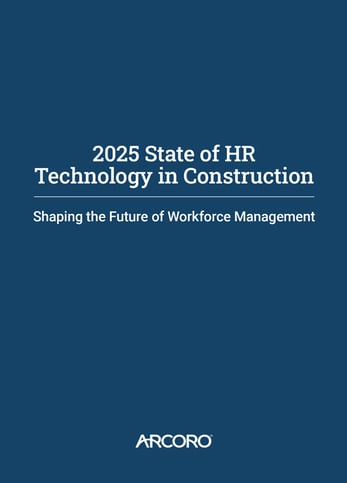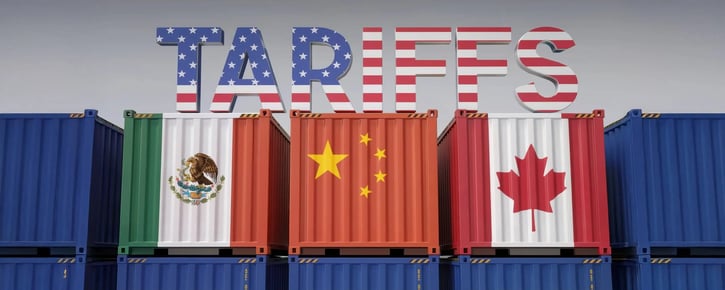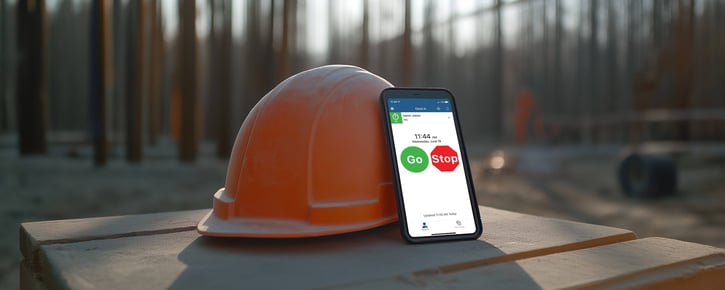Articles & Education
Arcoro Resources
Explore our news, business tips, and industry insights to help you cross the bridge to better HR
Never miss an update!
Sign up for our newsletter
AllHireManageTimePayroll

Integrations
Payroll
Time
Article
Hire
Tech Stack Planning for 2026: Which Investments Will Pay Off Long-Term
Most businesses know when quarter four is closing it, it’s time to make tech stack decisions for 2026. Those decisions will either streamline operations for years to come or create costly headaches that compound over time. The reality is that not...

Integrations
Payroll
Time
Article
Hire
Tech Stack Planning for 2026: Which Investments Will Pay Off Long-Term
Most businesses know when quarter four is closing it, it’s time to make tech stack decisions for 2026. Those decisions will either streamline operations for years to come or create costly headaches that compound over time. The reality is that not...

Payroll
Hire
2025 State of HR Technology in the Construction Industry
Learn about construction’s biggest workforce challenges and how the industry is leveraging HR technology. Labor shortages, technological advancements and evolving workforce expectations are pushing construction companies to refine their HR...

Recruiting
Onboarding
Payroll
Compliance
Article
Hire
Manage
Concerned About Tariffs? Futureproof Your Business with HR Tech
When President Donald Trump took office on January 20, 2025, a wave of economic changes quickly followed. One of the most impactful was the announcement of increased tariffs on Canada, China and Mexico. This has sparked concerns about how these...

Payroll
Time
Article
ExakTime’s Best Construction Payroll Integrations
The construction industry runs off its workers. Employees help companies build, renovate, repair and maintain structures. And like workers from all other industries, they want to get paid on time for all hours worked. But unlike other industries,...